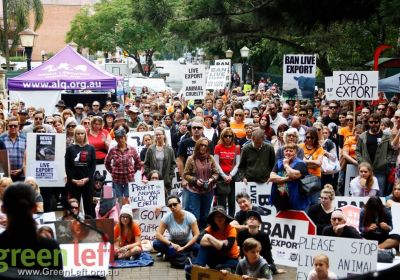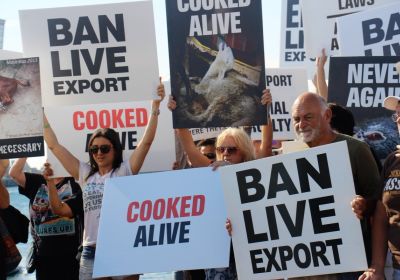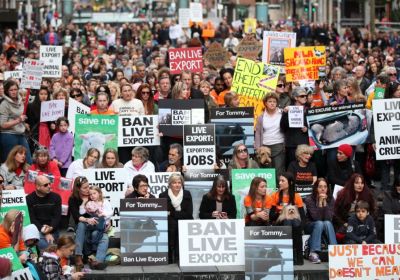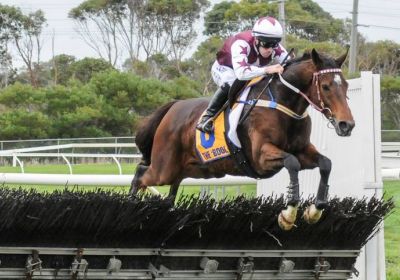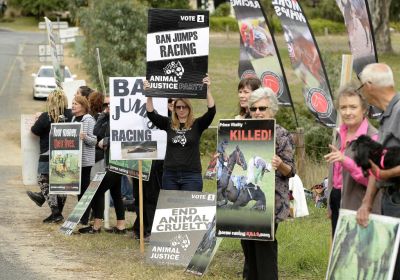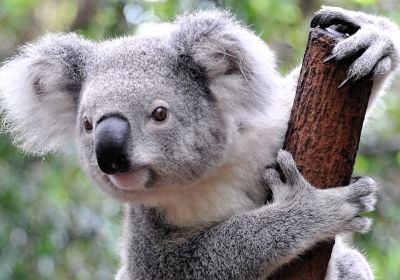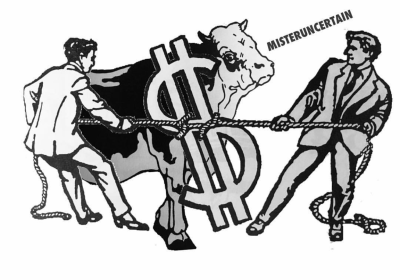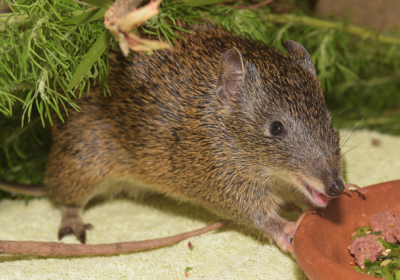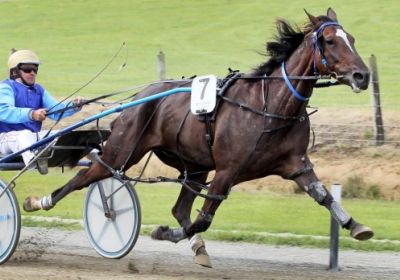-
-
-
-
-
-
-
-
-
-
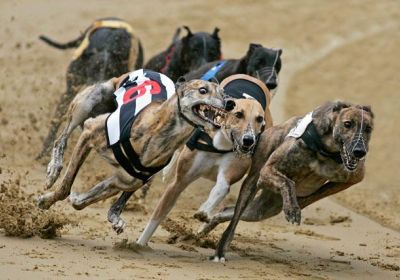 There is ample evidence of systematic cruelty and regulatory failure with which to justify the New South Wales government's decision to ban greyhound racing. But this is a single industry in a single state. If we step back and look at the wider picture we see a telling lack of consistency in animal welfare policy and practice around the nation.
There is ample evidence of systematic cruelty and regulatory failure with which to justify the New South Wales government's decision to ban greyhound racing. But this is a single industry in a single state. If we step back and look at the wider picture we see a telling lack of consistency in animal welfare policy and practice around the nation. -
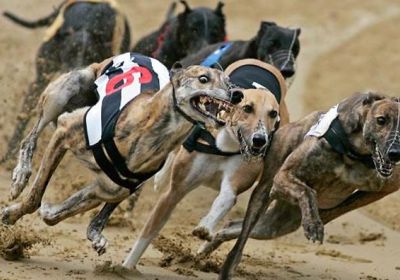 New South Wales has become the first state in Australia to ban greyhound racing, with an announcement on July 7 that it will be banned from July 1 next year. Premier Mike Baird said the government was left with "no acceptable course of action except to close this industry down" after it considered an 800-page report by a special commission into the "widespread and systemic mistreatment of animals" in the industry.
New South Wales has become the first state in Australia to ban greyhound racing, with an announcement on July 7 that it will be banned from July 1 next year. Premier Mike Baird said the government was left with "no acceptable course of action except to close this industry down" after it considered an 800-page report by a special commission into the "widespread and systemic mistreatment of animals" in the industry. -
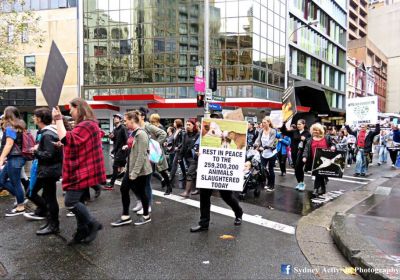 The third annual March to Close all Slaughterhouses was held in Sydney on June 4. The march is part of an international event that began in Paris about 10 years ago. This event is both a solemn reflection on the abuse and exploitation suffered by millions of animals every day and a celebration of the increasing number of people choosing a cruelty-free lifestyle around the world. Former Triple J presenter and member of punk band Frenzal Rhomb Lindsay McDougall gave this speech at the march. * * * I want to start by taking you inside the life of a living being in a slaughterhouse.
The third annual March to Close all Slaughterhouses was held in Sydney on June 4. The march is part of an international event that began in Paris about 10 years ago. This event is both a solemn reflection on the abuse and exploitation suffered by millions of animals every day and a celebration of the increasing number of people choosing a cruelty-free lifestyle around the world. Former Triple J presenter and member of punk band Frenzal Rhomb Lindsay McDougall gave this speech at the march. * * * I want to start by taking you inside the life of a living being in a slaughterhouse.
Animal agriculture, justice and welfare
Animal agriculture, justice and welfare
